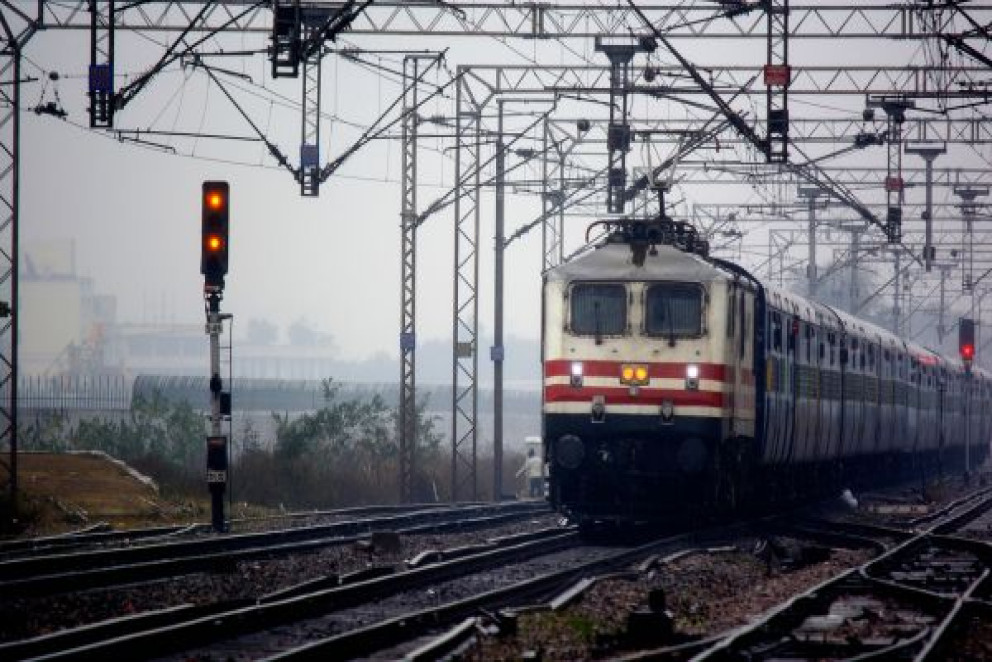Blog Details

May train strikes: How will the next rail drivers’ walk-out affect passengers?
National rail strikes by train drivers will enter a third summer with a series of “rolling” walk-outs, one region at a time, during May.
Members of the Aslef union aim to halt thousands of trains on 7, 8 and 9 May 2024 – with commuters who normally go to the office on Tuesday, Wednesday and Thursday among the targets.
The aim is to disrupt services on the 14 rail firms in England that are controlled by the UK government and represented by the Rail Delivery Group (RDG). Rolling strikes cause maximum disruption for minimum loss of pay.
In addition, six days of overtime bans will cause further cancellations from 6 to 11 May. The first day is the early May bank holiday, while the last coincides with Take That performing in Manchester.
The previous national industrial action by train drivers, comprising an overtime ban and rolling regional walk-outs, hit passengers in April.
Industrial action by Aslef train drivers in their dispute over pay and working arrangements began in July 2022. The union is demanding a no-strings pay award, but rail firms – directed by ministers – say any increase is contingent on radical reforms to working practices in order to reduce public subsidies.
During the dispute, hundreds of millions of journeys have been cancelled. Billions of pounds have been lost to the UK economy – particularly hospitality businesses.
Taxpayers are pumping cash into an increasingly decrepit and unreliable railway to the tune of £90 per second on top of the normal subsidy. Over the course of a year, that amounts to £2.8bn in addtional public cash.
The quarrel has become increasingly bitter, with no sign of any progress towards a settlement.
Caught in the middle of a seemingly intractable dispute: the passenger. In a snap social media poll for The Independent that garnered 2,142 responses, one in three passengers say they will permanently travel less after the industrial action finally ends.
For passengers, these are the key questions and answers.
Which rail firms are involved?
Aslef is in dispute with the 14 train operating companies (TOCs) that are contracted by the UK government to provide rail services.
Members of the Aslef union aim to halt thousands of trains on 7, 8 and 9 May 2024 – with commuters who normally go to the office on Tuesday, Wednesday and Thursday among the targets.
The aim is to disrupt services on the 14 rail firms in England that are controlled by the UK government and represented by the Rail Delivery Group (RDG). Rolling strikes cause maximum disruption for minimum loss of pay.
In addition, six days of overtime bans will cause further cancellations from 6 to 11 May. The first day is the early May bank holiday, while the last coincides with Take That performing in Manchester.
The previous national industrial action by train drivers, comprising an overtime ban and rolling regional walk-outs, hit passengers in April.
Industrial action by Aslef train drivers in their dispute over pay and working arrangements began in July 2022. The union is demanding a no-strings pay award, but rail firms – directed by ministers – say any increase is contingent on radical reforms to working practices in order to reduce public subsidies.
During the dispute, hundreds of millions of journeys have been cancelled. Billions of pounds have been lost to the UK economy – particularly hospitality businesses.
Taxpayers are pumping cash into an increasingly decrepit and unreliable railway to the tune of £90 per second on top of the normal subsidy. Over the course of a year, that amounts to £2.8bn in addtional public cash.
The quarrel has become increasingly bitter, with no sign of any progress towards a settlement.
Caught in the middle of a seemingly intractable dispute: the passenger. In a snap social media poll for The Independent that garnered 2,142 responses, one in three passengers say they will permanently travel less after the industrial action finally ends.
For passengers, these are the key questions and answers.
Which rail firms are involved?
Aslef is in dispute with the 14 train operating companies (TOCs) that are contracted by the UK government to provide rail services.
Source: Independent



